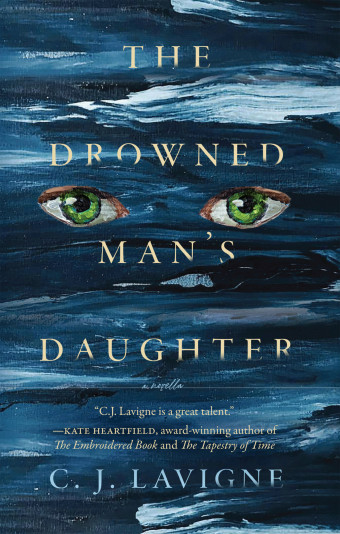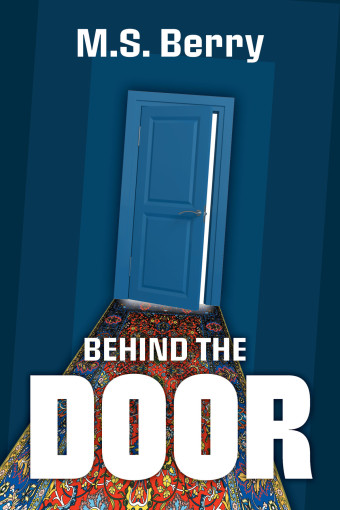In Five Wives, Winnipeg-based novelist Joan Thomas takes a clear-eyed look at a true incident, Operation Auca.
This was an attempt by American evangelical Christians to convert the Waorani, an isolated tribe in Ecuador’s Amazonian jungle. In 1956, after dropping gifts from their small plane, five men land and try to make contact. The men are massacred, and their wives are left to continue the mission.

- Five Wives
- Joan Thomas
- HarperCollins
- $24.99 Paperback, 400 pages
- ISBN: 978-14-43458-54-2
“It was important for me to revisit this story with a broader cultural understanding and a willingness to acknowledge the truths the missionaries refused to admit,” Thomas says.
Thomas takes us into the minds of the missionaries both before and after the incident, but in the course of the novel also touches on themes such as the indoctrination of children, how stories shape our behaviour, and “the shaping of a narrative and living in its confines, in spite of the cognitive dissonance you feel.”
The result is a fascinating look at Operation Auca, its legacy, and the women. Thomas says, “We tend to read and enjoy books about people who are similar to us – and many of the characters in Five Wives are profoundly different, and behave in ways that we deplore.
“Operation Auca was an egregious and very damaging act of cultural imperialism, yet as a writer, I attend to the humanity of the characters who perpetrated it. This is a book that steps inside a different world view and seeks to understand it, without condoning it. That particular bubble – American evangelicalism – has a huge impact on North American culture today, and I think it’s an important world to explore.”
One of the wives, Betty Elliot, was particularly successful, both in continuing the mission and in shaping the story told to the world. Thomas says she was “formidably intelligent and a gifted writer, and so she sharpened the question for me: how can thoughtful individuals believe and act in ways that defy reason?”
In the novel, Elliot found consolation believing that the massacre was part of God’s plan, but then entered a dark time when none of that made sense. Later she said only “Our God is a God of Mystery. His ways are not our ways.”

Elliot wrote a book (still in print) that told the story to suit her purposes, to mythologize the killings. This book was used as a successful recruiting tool for North American missions, and is still being used in curricula in Christian schools.
“At the heart of all this,” Thomas says, “is the notion that the Waorani people were in desperate need of salvation and the Americans were heroes and martyrs who gave their lives for the souls of the Waorani. It’s troubling to see this enshrining of a ‘white saviour narrative’ in the twenty-first century, because at the heart of it is a deplorable stereotype of Indigenous people.”
Thomas adds, “I don’t have much patience for notions that missionaries are ‘well-intentioned.’ There is something fundamentally offensive in the belief that the Waorani’s own culture was wrong and that they needed saving.”













